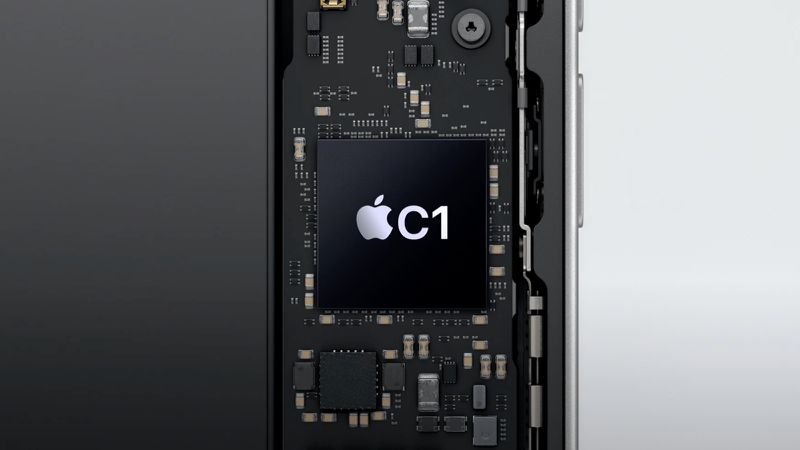The iPhone 16e reviews are out, and Apple’s new C1 modem is stealing the spotlight. People thought it might lag behind Qualcomm modems, but the early results tell a different story—its speed is holding up pretty well! The C1 modem skips the super-fast mmWave 5G used in the U.S., but it still matches the 5G performance of Qualcomm’s Snapdragon X71 modem, which powers the iPhone 16, iPhone 16 Plus, iPhone 16 Pro, and iPhone 16 Pro Max. Here’s what some tech reviewers found.
Allison Johnson from The Verge said she barely noticed a difference between the C1 and X71. She tested the iPhone 16e for FaceTime calls, uploading big video files in busy spots, and streaming YouTube on a bus. She compared it to a regular iPhone 16 with a Qualcomm modem on Verizon, and both worked about the same.
John Velasco from Tom’s Guide agreed. He tested the iPhone 16e and iPhone 16 in New York City and found no big speed gaps. Only one test showed the 16e pulling ahead slightly. What about hard numbers? Andru Edwards, in a video review, clocked the iPhone 16e at 673 Mbps download speed in his suburban New York yard on AT&T. The iPhone 16 Pro Max hit 667 Mbps in the same spot—pretty close! In busy New York City, the 16e reached 127 Mbps, beating the Pro Max’s 75 Mbps, though the Pro Max uploaded faster (50 Mbps vs. 30 Mbps).
YouTuber Dave Lee from Dave2D tested in Toronto on the Bell network. His iPhone 16e was 30-40 Mbps faster than the iPhone 16 Pro Max. Meanwhile, the Chinese channel Geekerwan ran lab tests with an artificial 5G network. The iPhone 16e matched the iPhone 16 and other phones in speed and reliability.
Apple claims the C1 is their most energy-saving modem yet—up to 25% more efficient than Qualcomm’s. Geekerwan’s tests back this up, showing the 16e using 0.67W compared to 0.88W for the iPhone 16. Overall, the C1 modem surprises everyone by keeping up with the best, while sipping less power, in both real life and lab settings.


